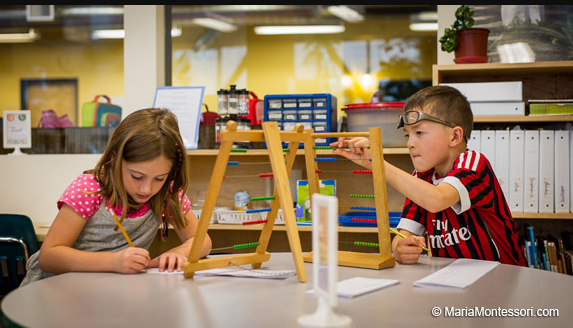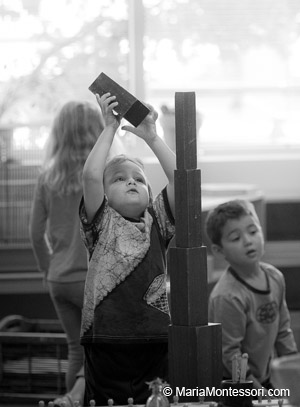
October 30, 2022
Do you think your child believes she can do hard things?
In a recent interview for Sun Magazine, author Barbara Kingsolver responds about nurturing perseverance in her children.
Kids learn self-esteem from mastering difficult tasks. It’s as simple as that. The Montessori teachers told me to put my two-year-old on a stool and give her the bread, give her the peanut butter, give her the knife — a blunt knife — and let her make that sandwich and get peanut butter all over the place because when she’s done, she’ll feel like a million bucks. I thought that was brilliant. Raising children became mostly a matter of enabling them and standing back and watching. When a task was difficult, that’s when I would tell them, “You can do hard things.” Both of them have told me they still say to themselves, “I can do hard things.” It helps them feel good about who they are, not just after they’ve finished, but while they’re engaged in the process.
Do you think your child wants to do hard things?
The perseverance practiced early with concrete life tasks, later takes the form of tackling a complicated math equation, mastering that difficult list of spelling words, and getting the research project done by the due date. But hand-in-glove with the feeling that you can do hard things is the desire to do hard things. Dr. Montessori and other human development experts after her have observed that it is a natural human tendency to want to reach greater heights of independence and capability. It is a drive we see in infants as they work to grasp, stand, and eat and in adolescents as they debate their opinion, refine a sport or art, and earn money. When we see a child who is disinterested in becoming more independent and capable, who doesn’t try, it’s an aberration. It’s a disorder that could be biological, psychological, or developed from an inadequate environment —but it is not innate to a healthy person. To get in closer touch with the roots of perseverance, set your child aside for a moment and ask yourself, Do I believe I can do hard things? Do I want to do hard things?

We know that talent or IQ is not a good predictor of school and work success. The current buzzword for what makes a person successful is “grit.” Grit is the tendency to sustain interest and effort toward very long-term goals. If you are intrigued, I suggest you watch Angela Duckworth’s TED talk on the topic. Though contemporary scientists don’t yet have a description of how to nurture grit, they do say that having a growth mindset is a key part of grit. “In a growth mindset,” says Carol Dweck, author of Self-Theories: Their Role in Motivation, Personality, and Development, “people believe that their most basic abilities can be developed through dedication and hard work—brains and talent are just the starting point. This view creates a love of learning and a resilience that is essential for great accomplishment.”
Dr. Montessori would have us begin by preparing the environment to have the tools we need and any physical barriers removed. We’d be able to go at our own pace and have some good role models of the skills we want to master. We’d have some freedom to choose what we get to do, but there would be limits that would help us to not get overwhelmed. The things that distract us from our more important goals would be taken away, to help us focus and concentrate. There would be others around to work with if we like, to meet our social needs. We would not be afraid of mistakes, and everyone we work with would be at ease with trial and error along the way to mastery. Montessori observed that when children spent their time in this type of environment, particularly beginning in those formative preschool years, they were strong on perseverance.
I won’t be surprised when the next few years of research draw scientists to conclusions that are similar to Dr. Montessori’s. “You can do hard things” is a strong impression that children absorb in Montessori education.